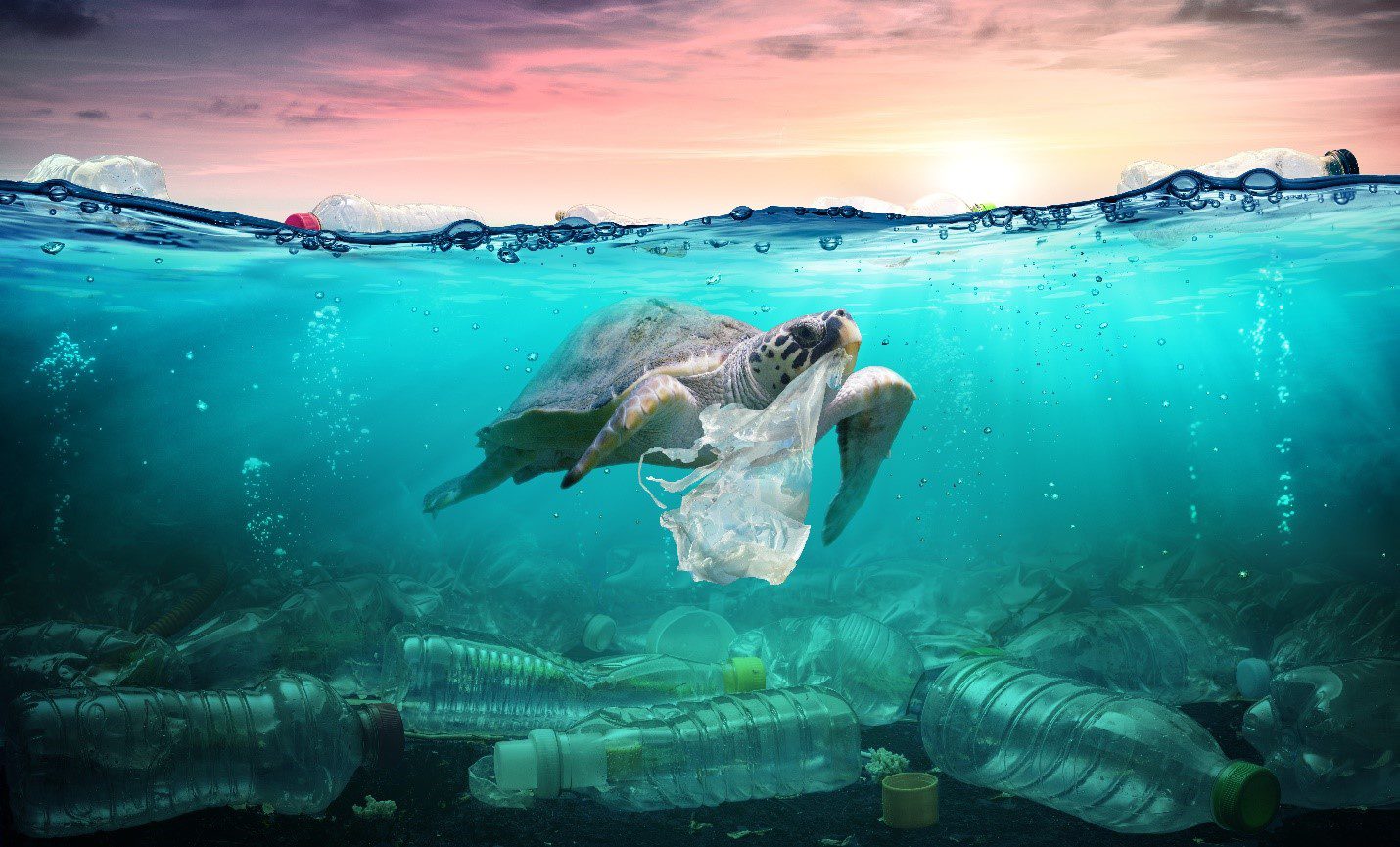May 19, 2020
If There Was A Way To Save Our Oceans...
Would You Do It And Support It?

"Everything remained dead like, except for one area – the ocean. It wasn't a gentle ocean; it was dark and dreary, tumultuous even on the best days." NEWDAWN ROAMERS.
One of the wonders of our time demands our help even after we have reached a tipping point, and it appears that we can do it if we are willing. Indeed, an international study may just prove this possible. An essential roadmap requiring that we take action over the next 30 years now exists. King Abdullah University of Science and Technology, provided research led by some of the world's leading experts in marine biology, working across ten countries and sixteen universities in addition to KAUST to define a plan.
While Earth and climate change continue to be a threat to our environment, there is evidence that our oceans show some resilience and the possibility of recovery. An emerging shift in recent years indicates that there is a slowing down of losses in the last years – a significant shift from past prognostics. "We are at a point where we can choose between a legacy of a resilient and vibrant ocean or an irreversibly disrupted ocean," said Carlos Duarte, Professor of Marine Science and Chair of Marine Ecology at the Red Sea Research Center. "Our study documents the recovery of marine populations, habitats, and ecosystems following past conservation interventions. It provides specific, evidence-based recommendations to scale proven solutions globally."
The evidence shows that recovery is indeed possible if we exercise some of these pressing recommendations. The Humpback Whale is an example of a possible recovery, demonstrating that marine life can be restored if we implement a more sustainable ocean economy. On the verge of extinction for 80 years, the animals have made a come back since 1980. They are now on the way to reach their pre-existing numbers by 2030.
Provided we address climate change, we can estimate that marine life can be sped up within the next two to three decades should we expand some of the interventions on nine fronts. These factors include salt marshes, mangroves, seagrasses, coral reefs, kelp, oyster reefs, fisheries, megafauna, and the deep sea. With six interventions complementing each other, also called "recovery wedges," specific actions can be implemented while "protecting species, harvesting wisely, establishing and maintaining protected zones, restoring habitats, reducing pollution and mitigating climate change," according to the report. These actions address the benefits as well as the possible roadblocks, giving us realistic steps to reach the goal of delivering a healthy ocean for people and the planet.
"Rebuilding marine life represents a doable grand challenge for humanity, an ethical obligation, and a smart economic objective to achieve a sustainable future," said Susana Agusti, KAUST professor of marine science.
Our success in this endeavor depends mostly on how we deal with climate change and a reduction of greenhouse gas emissions. The locked climate change path we are on definitely impacts how we can rebuild tropical coral even if partially. For this to happen, we must reach the most substantial goals outlined in the Paris agreement.
Our commitment is vital. Partnerships must take place with governments and societies. It not only requires the will to do it but an economic investment to the tune of $20bn a year, but the potential for ROI is significant… reaching $10 for every dollar invested. This return does not even consider the incredible impact and benefits on our social and environmental well-being.
"We have a narrow window of opportunity to deliver a healthy ocean to our grandchildren's generation, and we have the knowledge and tools to do so," said Professor Duarte. "Failing to embrace this challenge – and in so doing condemning our grandchildren to a broken ocean unable to support high-quality livelihoods – is not an option."
And indeed, it is not… Otherwise, the world we live behind for the next generations will pretty much look like this:
"The searing heat outside the domes was unbearable. It burned too hot now that the stratosphere had grown thinner in the last five decades. The sun rays penetrated the ozone layer, scorching Everything in sight. The mass of protective gases enveloping our world, depleted by chemicals used in the twenty-first century, no longer protected our planet. They surrounded Earth, leaving pockets of space around the globe." NEWDAWN ROAMERS.
Inspired by Report of King Abdullah University on the Ocean.
Dominique Luchart, Author and Futurist.
AN ALARMING FUTURE
The Potsdam Institute for Climate Impact Research recently highlighted the alarming state of our oceans, emphasizing that they are nearing critical levels of acidification. November 2024.
This acidification, driven by increasing carbon dioxide emissions, is damaging marine life, including corals, shellfish, and phytoplankton, which are essential for the marine food chain. The report warns that if current trends continue, the oceans' ability to sustain life and help stabilize the climate could be severely compromised.
Ocean acidification, driven by increased carbon dioxide absorption from the atmosphere, is causing significant harm to marine life. As the ocean becomes more acidic, it disrupts the ability of organisms like corals, shellfish, and plankton to build and maintain their calcium carbonate shells and skeletons. This affects not only these species but also the entire marine food web, leading to potential collapses in fisheries and loss of biodiversity. Additionally, ocean acidification can exacerbate the impacts of other stressors like warming temperatures and deoxygenation, further threatening marine ecosystems and the human communities that rely on them.
Based on: www.britannica.com; www.epa.gov; www.iaea.org.
More On The Planet
Plastic In Our Oceans
Plastic in our oceans is a crisis of global proportion, impacting marine life, ecosystem, and human health.
Melting Ice Cap - A Pressing Issue
The far-reaching consequences are daunting.
Stories On Our Species
This is the place where we keep the news on many species and their stories.



